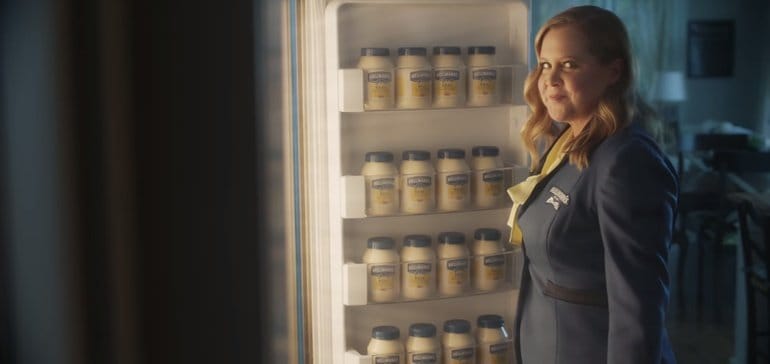Internet Marketing
How Unilever and other marketers work to avoid greenwashing
A new article on Marketing Dive reports that the CPG giant’s chief digital and marketing officer said a gap exists between consumer attitudes and actions around sustainability because of confusion and complexity.

The author says that increased consumer attention toward climate change and the environment continues to make sustainability a priority for companies across industries, even amid a pandemic that has changed consumer behaviors and attitudes. Yet marketing sustainable products and related corporate pledges has been a challenge that few have mastered.
Avoiding claims of “greenwashing” — a term for misleading the public about the environmental impact of products or actions — was top-of-mind for several executives during a Wednesday session at Advertising Week. Marilla Perkins is senior director of marketing and strategic communications at material solutions company Bolt Threads:
[Greenwashing is] not just intentionally misleading, but also unintentionally misleading. As marketers in this space, it’s critical that we’re asking those hard questions about the language we’re using to make sure that we’re not unintentionally greenwashing or misleading people about our products
Consumers increasingly want to buy sustainable brands, with so-called conscious consumption on the rise. Conny Braams is Unilever’s Chief Digital and Marketing Officer:
Consumers are looking for sustainable products, but the value proposition needs to work as well. So they will be looking for superior product performance against an affordable price. Indeed, people are very concerned that they want to [do] the right thing, but actually only few people do, and the reason why we see a ‘say-do’ gap is because it is confusing and complex for them to make the right choices
The key to marketing sustainable products is making them simple and preferred, and while perhaps easier said than done, driving everyday choices around sustainable behaviors could have an enormous impact on the environment. The coronavirus health crisis is changing consumer behaviors and attitudes toward brands, complicating marketing around sustainability.
Unilever has taken specific lessons to heart with its corporate and marketing efforts. The Climate Action Transition Plan lays out steps the company will take to reduce emissions to zero within its own operations by 2030 and across its value chain by 2039. In May, 99% of shareholders who voted on the non-binding resolution voted in favor of it. Unilever is also taking action by strengthening the integration of climate actions with its brands and innovations, as it did with a “Make Taste, Not Waste” campaign by its Hellmann’s mayonnaise brand. Powered by a Super Bowl commercial starring comedian Amy Schumer, the effort was informed by research that showed consumers waste an estimated $29 billion a year because of confusion over the meaning of date labels — food waste that runs counter to sustainability. The marketer is also helping brands invest in projects that tackle climate change and protect nature with its Climate & Nature Fund.
For Unilever, the integration of sustainability and marketing is key to changing consumer decisions that are often made within two or three seconds. Using simplicity to share information about sustainability is a challenge, but an opportunity to make real change.


